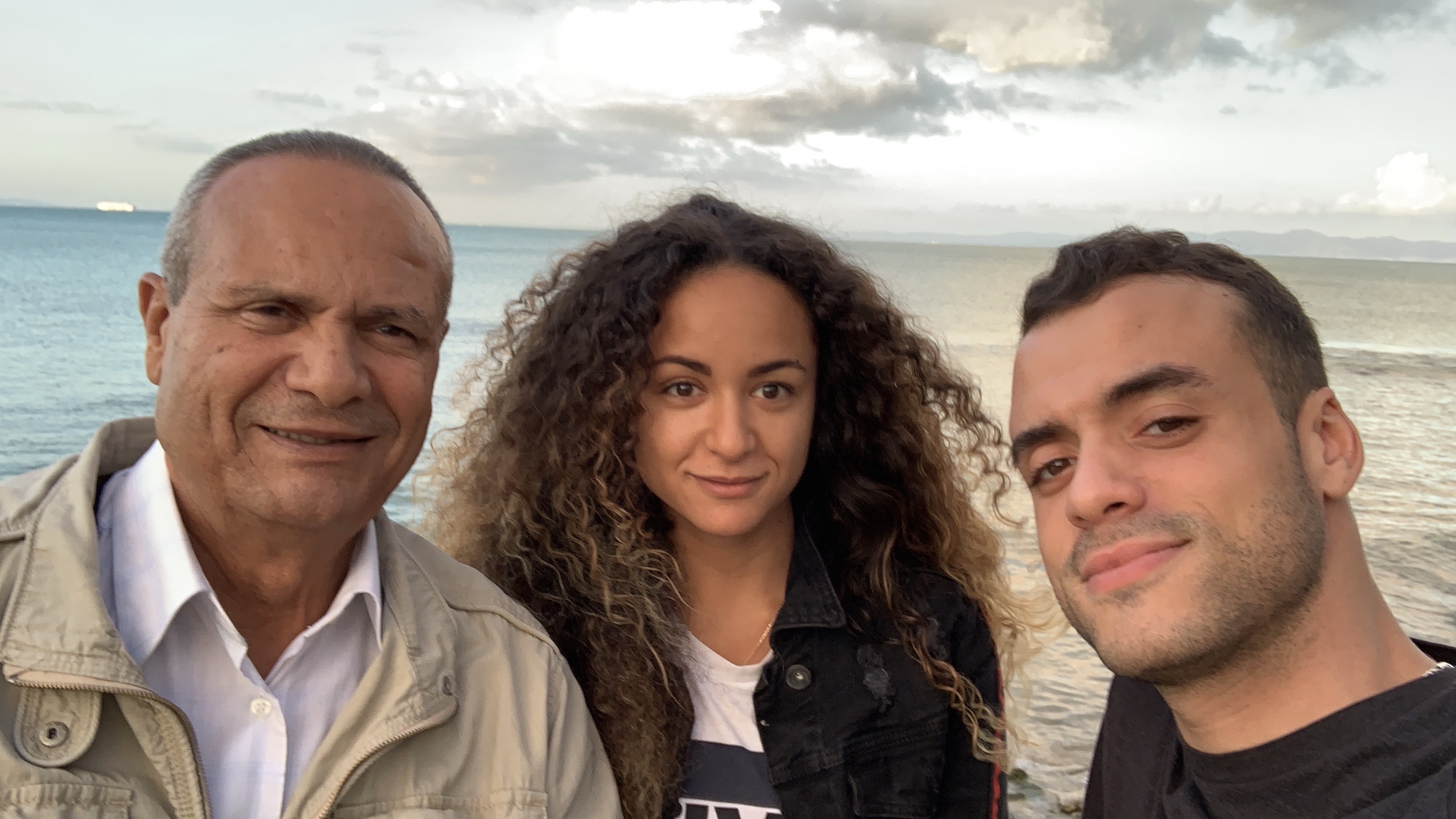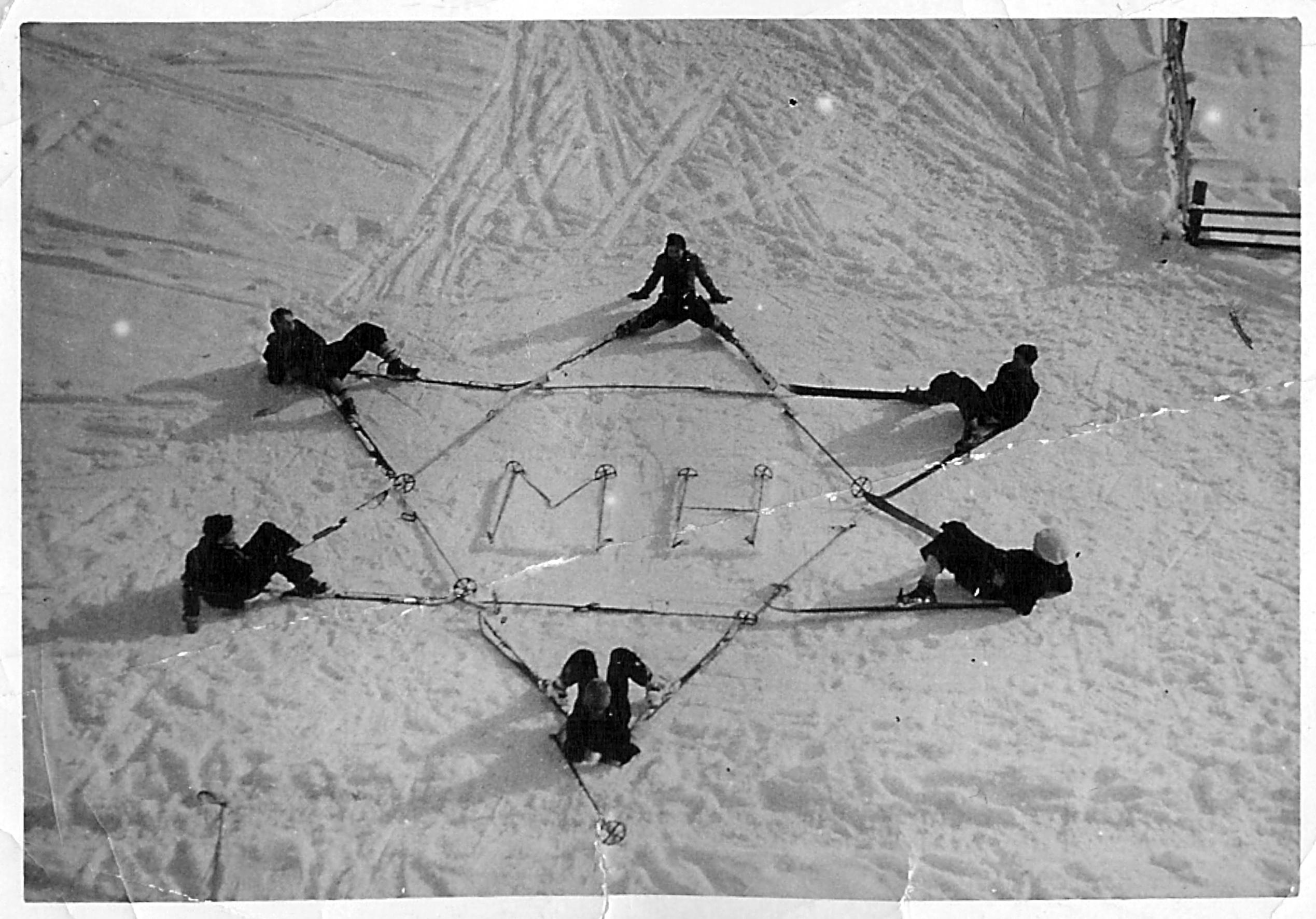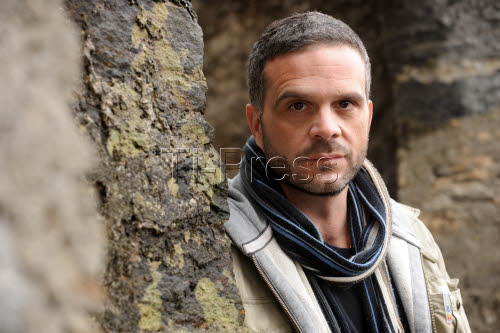
“Flytilla” passengers grounded in Switzerland

Dozens of pro-Palestinian protesters trying to reach Israel were prevented from embarking on flights from Geneva and Zurich airports on Friday.
Some 600 people from around Europe are trying to visit the town of Bethlehem at the invitation of a Palestinian group in a solidarity operation dubbed “Welcome to Palestine”. Israel says the visitors are persona non grata.
Meanwhile, the ten-boat Gaza-bound protest flotilla, which includes Swiss participants, remains blocked in Greece.
Around 30 passengers were prevented from embarking on a 7.05am easyJet flight from Geneva to Tel Aviv on Friday and an undisclosed number were prevented from taking a 9.50am Swiss International Air Lines flight from Zurich to the Israeli city.
“My intention was to visit Israel and Palestine. I wanted to go and see the situation for myself,” said Tahar Houhou, an engineer from Lyon. “I have the impression that my French passport is worth nothing. Israel has put in place a global visa system.”
Israeli police said some 200 people had been barred from leaving foreign airports for Israel. Two American activists who arrived in Israel were deported early on Friday.
On Friday evening at least 65 passengers suspected of being part of the activist group were expelled after landing at Tel Aviv airport. Some of them had arrived on a plane from Geneva.
Since Thursday the Israeli authorities have been attempting to prevent the arrival of groups, whose stated purpose is to take part in a weeklong peaceful mission to express solidarity with the Palestinians in the West Bank and draw attention to life under Israeli occupation, including travel restrictions.
Prior to their departure Israel had sent foreign airlines a list of 342 “unwanted” people, and asked companies to stop blacklisted travellers from boarding Israel-bound flights, warning them that they would be immediately turned back at the expense of the companies.
Jean-Claude Donzel, spokesman for Swiss, said they were obliged to comply with the Israeli authorities’ request.
“There’s an International Civil Aviation Organization (ICAO) regulation that stipulates that the passenger can be denied travel if they do not provide the appropriate documentation or if the destination country refuses the passenger,” he told swissinfo.ch.
An easyJet official concurred: “the destination country has the landing rights”.
See both sides
In protest at easyJet’s refusal to let them embark on the Geneva-Tel Aviv flight, the group peacefully blocked the check-in desks and tried to get past airport security doors, resulting in authorities temporarily shutting down boarding areas.
“This caused operational delays,” airport spokeswoman Aline Yazgin told swissinfo.ch. The flight took off with a 2.5-hour delay.
The group were eventually reimbursed for their cancelled flight, but were highly critical of the airline and the Israeli authorities.
“It’s quite disgusting,” Blaise Coursin, a Lausanne-based activist, told swissinfo.ch in Geneva. “We expected to have problems in Tel Aviv or to even be flown back home, but to be blocked in Europe in Geneva, as others have been in Frankfurt, Paris, Brussels and Italy, it’s incredible.”
There was disbelief over why some protestors had been blocked while others had apparently managed to fly to Israel.
“I’m not a member of any organisation and this is my first protest action so I was surprised how they got my name,” said Samir Ben Salem, an international law student from Clermont Ferrand.
“Provocateurs and trouble-makers”
Visiting Tel Aviv’s Ben Gurion airport on Wednesday to meet security officials, Israeli Prime Minister Benjamin Netanyahu said: “Every country has the right to deny entrance of provocateurs and trouble-makers into its borders. This is how all countries behave and this is how Israel will act. We must act with determination but with minimal friction, maintain order and prevent disruption of normal life for the citizens of Israel.”
Israel’s concern is based on a number of deadly run-ins with pro-Palestinian activists, both on the high seas and along the frontiers with Lebanon and Syria.
Hundreds of police have been deployed at Tel Aviv airport, but no incidents have been reported so far on Friday.
The group, “Welcome to Palestine” meanwhile released a statement on Friday afternoon calling the moves to prevent activists reaching Israel “provocative, blackmailing, and illegal”.
The so-called “flytilla” comes as the Greek authorities have blocked the sailing of an aid flotilla trying to break the Israeli blockade of Gaza.
The Greek coast guard on Thursday intercepted the lone French boat – Dignite al-Karama – for “administrative reasons” on a refuelling stop in Crete.
Israeli authorities have dismissed as “ridiculous” claims that Israel has sabotaged two ships – one Irish and one Swedish – and pressured the Greek authorities to block the sailings.
Greek authorities last week banned ships destined for Gaza from leaving Greek ports, aiming to stop the latest flotilla “for their safety”.
The 10-ship flotilla, with about 350 passengers, was supposed to take drugs, food and building materials to Gaza by the end of June, but a priority was to challenge an Israeli blockade.
Some 12 Swiss residents had joined the flotilla. There are now only two journalists remaining, Anouar Gharbi, president of the Rights for All association, told swissinfo.ch.
A Swiss cargo ship transporting 1,200 tonnes of humanitarian aid and construction material remains blocked in Athens.
Gharbi said a complaint would be filed against the owner of a passenger ship who cancelled their contract ahead of the flotilla action and in Greece over the lost medical materials. Another complaint is planned at the International Tribunal for the Law of the Sea in Hamburg.
In 2010, nine activists on a Turkish boat died in an Israeli raid on a similar flotilla that went awry as commandos rappelled from helicopters onto the deck in the dark. Each side blamed the other for the violence.
Visitors can reach the West Bank only through Israeli-controlled crossings, from Israel or Jordan. At any given time, hundreds of foreigners, including activists and aid workers, are in the West Bank.
Citing security concerns, Israel puts restrictions on West Bank Palestinians entering Israel or using its airport, meaning many must travel to neighbouring Jordan to fly out.
Travel restrictions in the Gaza Strip, ruled by the militant Hamas group, are even more rigorous. Israel allows few people to cross its border with Gaza, and most Gazans can travel abroad only by crossing into Egypt through their shared border.

In compliance with the JTI standards
More: SWI swissinfo.ch certified by the Journalism Trust Initiative












































You can find an overview of ongoing debates with our journalists here . Please join us!
If you want to start a conversation about a topic raised in this article or want to report factual errors, email us at english@swissinfo.ch.